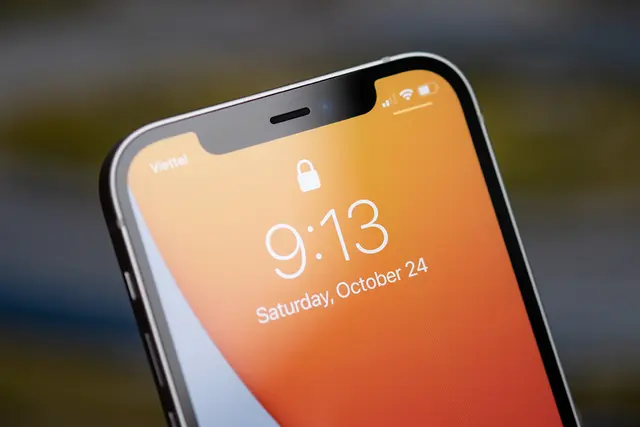Alert: Very Bad News About Cellphones

France’s decision to ban the sale of iPhone 12 over radiation concerns has ignited discussions about cellphone radiation across Europe. This has raised questions about the adequacy of testing protocols in the United States, where regulators primarily assess whether phones generate excessive heat in tissues. However, experts argue that these tests are too narrow and do not consider long-term effects, such as impacts on testosterone levels.
In contrast, when the French government tests cellphones in real-world scenarios, where they are held in hand or placed near the body, many phones were found to exceed European Union (EU) radiation limits. France has taken action against 42 other cellphone models emitting excessive radiation since 2017, highlighting differences in regulatory approaches between the U.S. and Europe.
One significant concern raised by experts like Devra Davis is the influence of the telecommunications industry over the Federal Communications Commission (FCC). A report from Harvard University’s Edmond J. Safra Center for Ethics revealed close ties between the industry and the FCC, potentially leading to self-regulated approval processes for cellphones.
If cellphones underwent the same level of scrutiny as pharmaceutical drugs, Davis argues that they might be deemed illegal due to potential health risks. This is a concern she has been emphasizing for years, as outlined in her 2010 book, “Disconnect: The Truth About Cell Phone Radiation, What the Industry Has Done to Hide It, and How to Protect Your Family.”
The Epoch Times sought comments from the FCC, U.S. Centers for Disease Control and Prevention, and the U.S. Food and Drug Administration on this issue, but received no responses.
In addition to regulatory concerns, heavy cellphone use has been associated with a “possible” link to increased brain cancer incidence, especially in studies not funded by the telecommunications industry. A review of 23 case-control studies in 2009 found this association, with an updated review in 2020 incorporating 46 studies supporting similar findings.
Moreover, the International Commission on the Biological Effects of Electromagnetic Fields has cautioned that radiation exposure limits established in the 1990s may not adequately protect the public, particularly in the context of emerging 5G technology. There are pending bills in Congress that could give the telecom industry greater leeway in tower placement, potentially allowing them near residential areas, which has raised concerns.
Recent scientific studies have also suggested higher rates of cancer and radiofrequency sickness in people living near mobile phone base stations. Davis has stressed the need for a substantial number of new antennas to support 5G technology, raising potential health implications.
In summary, the debate surrounding cellphone radiation and its potential health risks continues. Varying levels of scrutiny and regulation exist in different countries. France’s ban on iPhone 12 sales due to radiation concerns has brought these issues to the forefront of public discussion, while experts and policymakers grapple with how to address these concerns effectively.





